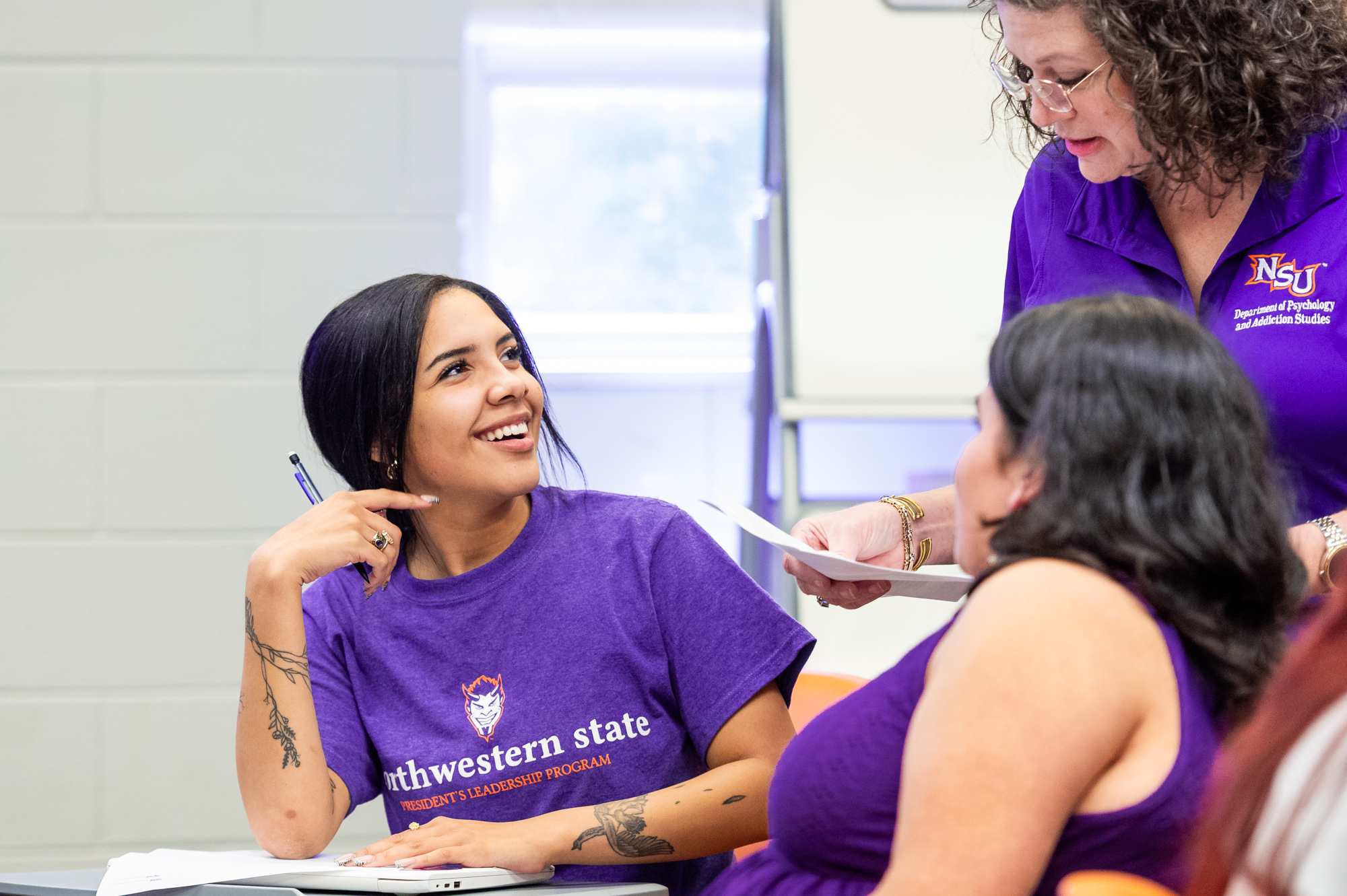A Bachelor of Science (B.S.) in Addiction Studies is an undergraduate degree that prepares students to understand, prevent, and treat substance use disorders and other addictive behaviors. It combines psychology, counseling, neuroscience, sociology, and public health to train future professionals in addiction treatment, recovery support, and community education.
A Bachelor of Science (B.S.) in Psychology is an undergraduate degree that explores the scientific study of human behavior, mental processes, and the biological, cognitive, and social factors that influence them. It provides a strong foundation in psychological theory, research methods, and data analysis, often with a greater emphasis on the scientific and quantitative aspects of psychology compared to a Bachelor of Arts (B.A.) in Psychology.
A Master of Science (M.S.) in Clinical Psychology is a graduate-level program designed to train students in the scientific and practical aspects of understanding, assessing, and treating psychological disorders and mental health issues. It combines research-based knowledge with hands-on clinical experience to prepare students for professional practice or further doctoral study (e.g., a Ph.D. or Psy.D.).
Psychology Minor Requirements: (18 Semester hours) Psychology 1010; three semester hours (3) from Psychology 2050, 2430 or 2450; six semester hours (6) from Psychology 3010, 3020, 3050, 3060, 3200, 4440, 4510, or 4700; and six semester hours (6) from Psychology 4040, 4410, 4400, 4450, 4470, 4500, or 4650. A minimum of a C (2.0) grade point average is required in all coursework taken to complete the minor.
Addiction Studies Minor Requirements: (21 semester hours)Addiction Studies 1010, 2050, 2430, 2450, 3010, 3020, and 4510. If AS/PSYC 4510 is part of their major students can select from AS 4040, 4450 or 4500.

The Department of Psychology and Addiction Studies at Northwestern State University offers dynamic programs designed to prepare students for meaningful careers in mental health, human services, and beyond. Through engaging coursework, hands-on training, and research opportunities, students gain a deeper understanding of human behavior and develop the skills needed to support individuals, families, and communities.